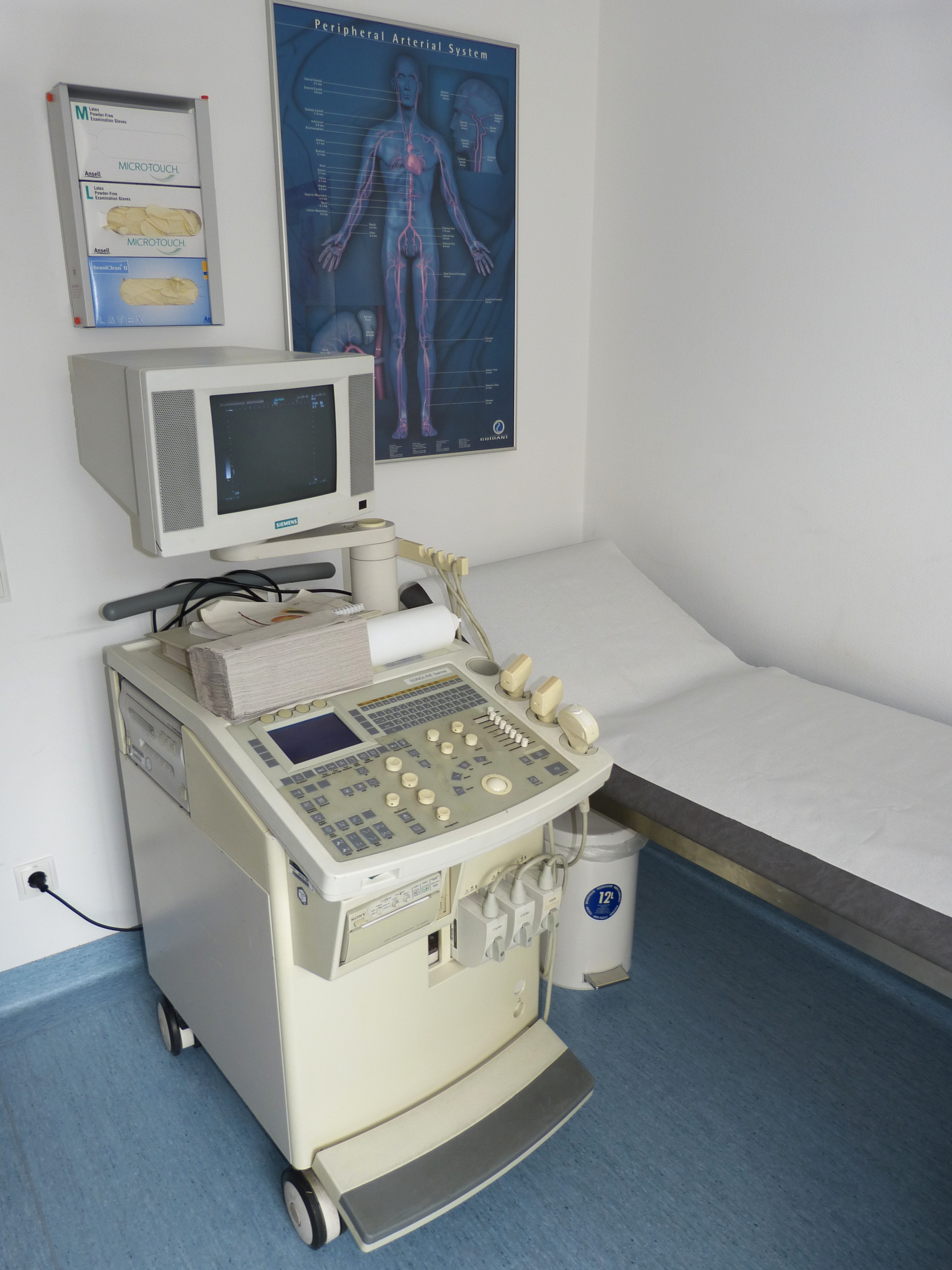
Polycystic ovarian syndrome is a hormonal disorder that affects about 10 percent of women, but many are unfamiliar with what exactly the disorder is. If you’ve noticed some abnormal changes in your body that have to do with your period, hair growth, and more, you may be exhibiting signs that you have PCOS. Many women with the condition don’t even realize they have it, but getting diagnosed can help those unwanted side effects in check and allow you to take the proper steps to preserve your health down the line.
“PCOS is a disorder of the metabolism, where the body doesn’t process insulin properly,” says Heather Rupe, DO, OB/GYN and WebMD Contributor over email. “The higher insulin levels cause many different symptoms throughout the entire body. A big symptom is causing the ovaries to multiple tiny cysts. So even though the disorder is called polycystic ovarian syndrome it is not actually caused by the ovaries — they are just a side effect.”
Left untreated, PCOS can lead to other issues such as diabetes and heart disease, but with some lifestyle changes and different treatments, many women are able to help treat their symptoms.
As always, it’s best to always see a doctor if you think something is wrong, but here are 11 signs you might have polycystic ovarian syndrome.
1 Abnormal Hair Growth
Many women with PCOS experience excessive hair growth on the chin, tummy, side burn areas, and lower back. “The fine hairs can become terminal hairs, ie they have a darker and thicker consistency,” says Dr. Carolyn Alexander, MD, from the Southern California Reproductive Center, over email.
2 Darkening Of The Skin
“In severe cases of PCOS, women can get darkening of the skin in their armpits, groin, and back of neck,” says Rupe. These skin patches, also known as acanthosis nigricans, are often brown and velvety, according to PCOS.com.
3 Irregular Period
Irregular periods may be a sign of PCOS. “When a reproductive-age woman is not on birth control pills, ideally she should get her period every month,” says Alexander. “If she starts to skip periods or her cycle becomes irregular then it would be best to get evaluated for any hormonal imbalance.”
4 Spotting Or Bleeding
PCOS can cause irregular uterine bleeding, which is usually due to lack of ovulation, according to UCLA Health. Experiencing abnormal heavy bleeding or spotting between periods could be a sign that you have PCOS.
5 Acne
Many women with PCOS experience excessively oily skin and acne on places like their back. “Again, this can be a sign of too much circulating male hormones that can be causing these issues,” says Dr. Joshua J. Berger, MD, PhD, FACOG over email.
6 Hard Time Getting Pregnant
If you’ve been trying to conceive but aren’t having luck, you might want to get tested for PCOS. “Due to the disruption of a normal menstrual cycle, women may find themselves having a hard time getting pregnant or even tracking when they ovulate,” says Brooke Hodes-Wertz, MD, MPH, assistant professor in the Department of Obstetrics and Gynecology at NYU Langone Medical Center, over email.
8 Feelings Of Anxiety & Depression
“Having PCOS can cause depression, irritability, and anxiety,” says Ronald D. Blatt, M.D., F.A.C.O.G. over email. According to research published in the Proceedings of the National Academy of Sciences, 60 percent of women with PCOS have at least one mental health problem such as anxiety and depression, which can be attributed to hormonal imbalances before birth that affect the brain.
9 Sleep Problems
Not sleeping well? Many women with PCOS often report problems such as insomnia or poor sleep, according to the PCOS Awareness Association. The syndrome can especially cause sleep apnea, which can cause you to stop breathing for short times during sleep.
10 Unexplained Weight Gain In The Mid-Section
“Excessive weight gain, especially in the midsection as opposed to the hips, can be another sign of too much testosterone or of thyroid disease which can cause PCOS,” says Berger. Women with PCOS tend to have more of an apple-shaped body, according to WebMD.
11 Male Pattern Hair Loss
Thinning hair or male-pattern hair loss can also indicate elevated testosterone levels and can be a clue that a woman may have PCOS. “A medication called spironolactone can be useful to block the androgen receptor and decrease the hair loss,” says Alexander.

